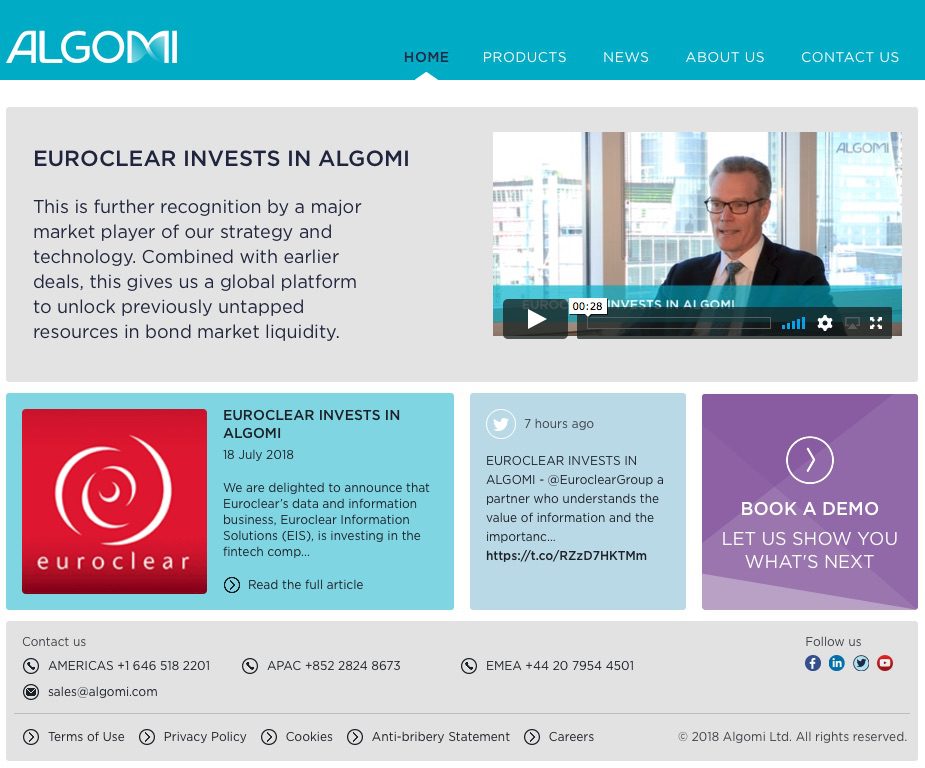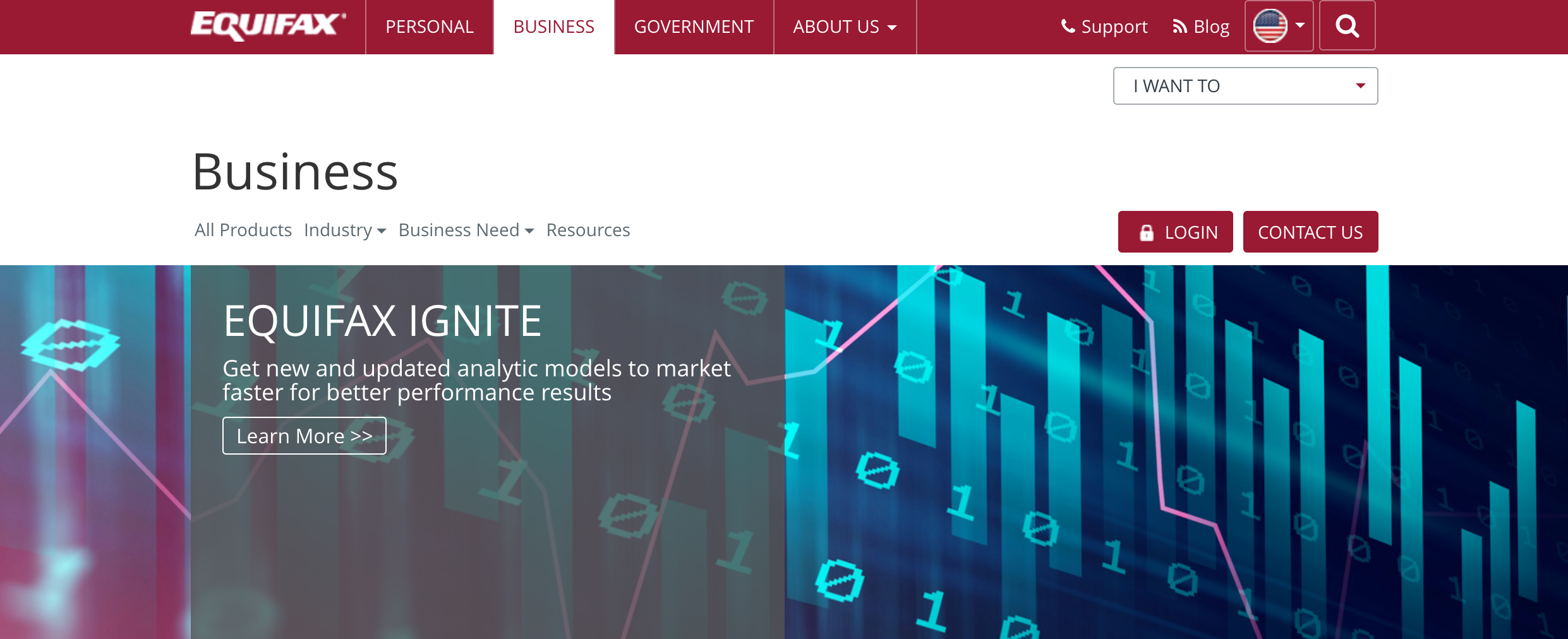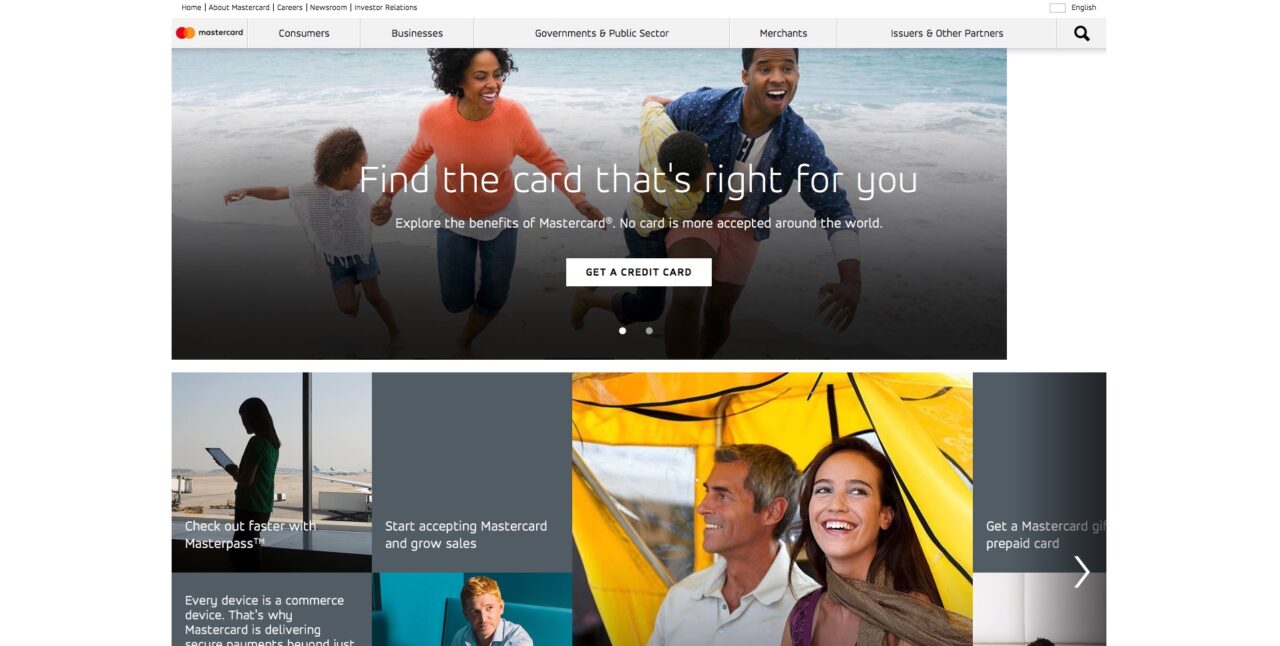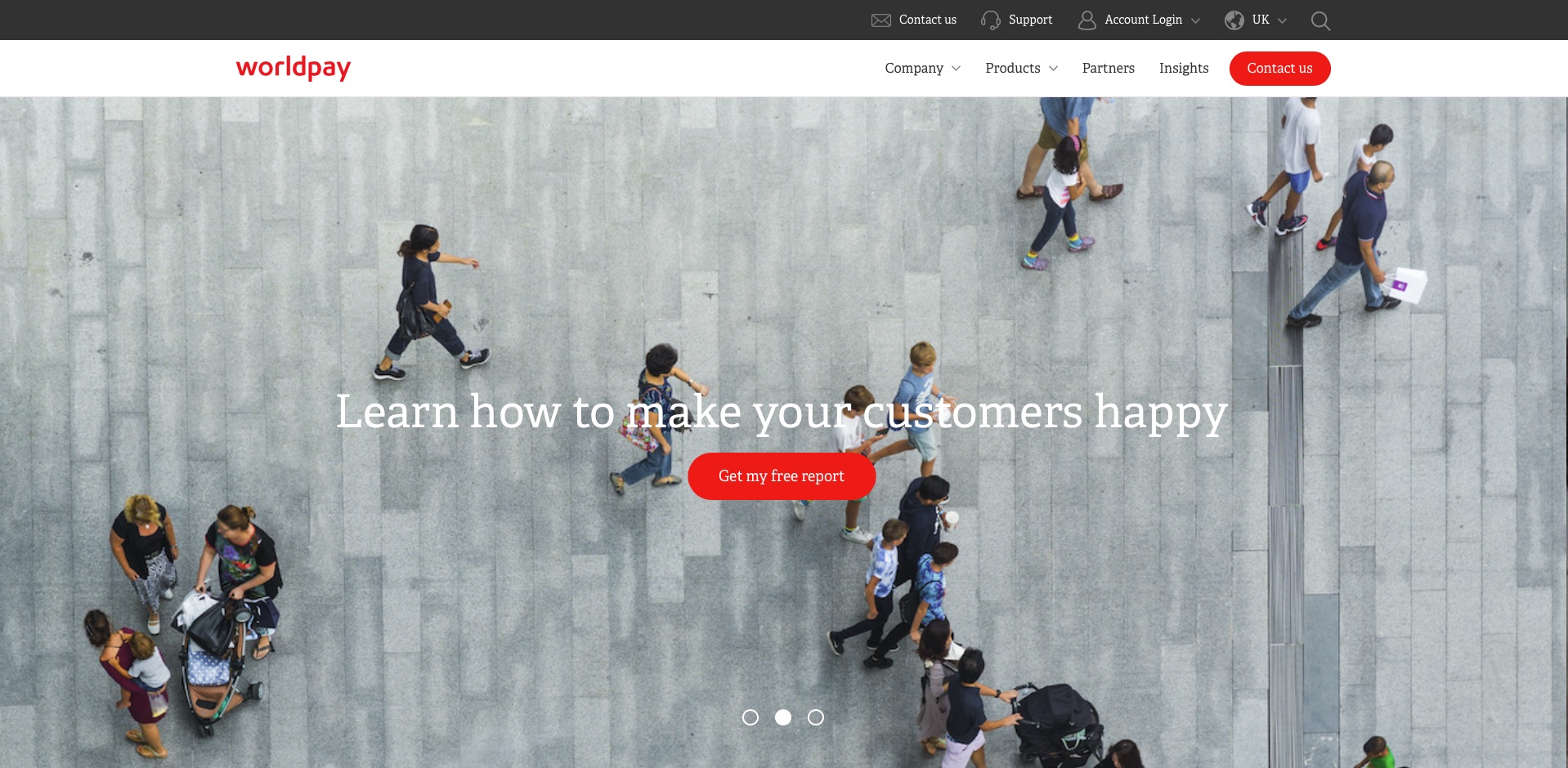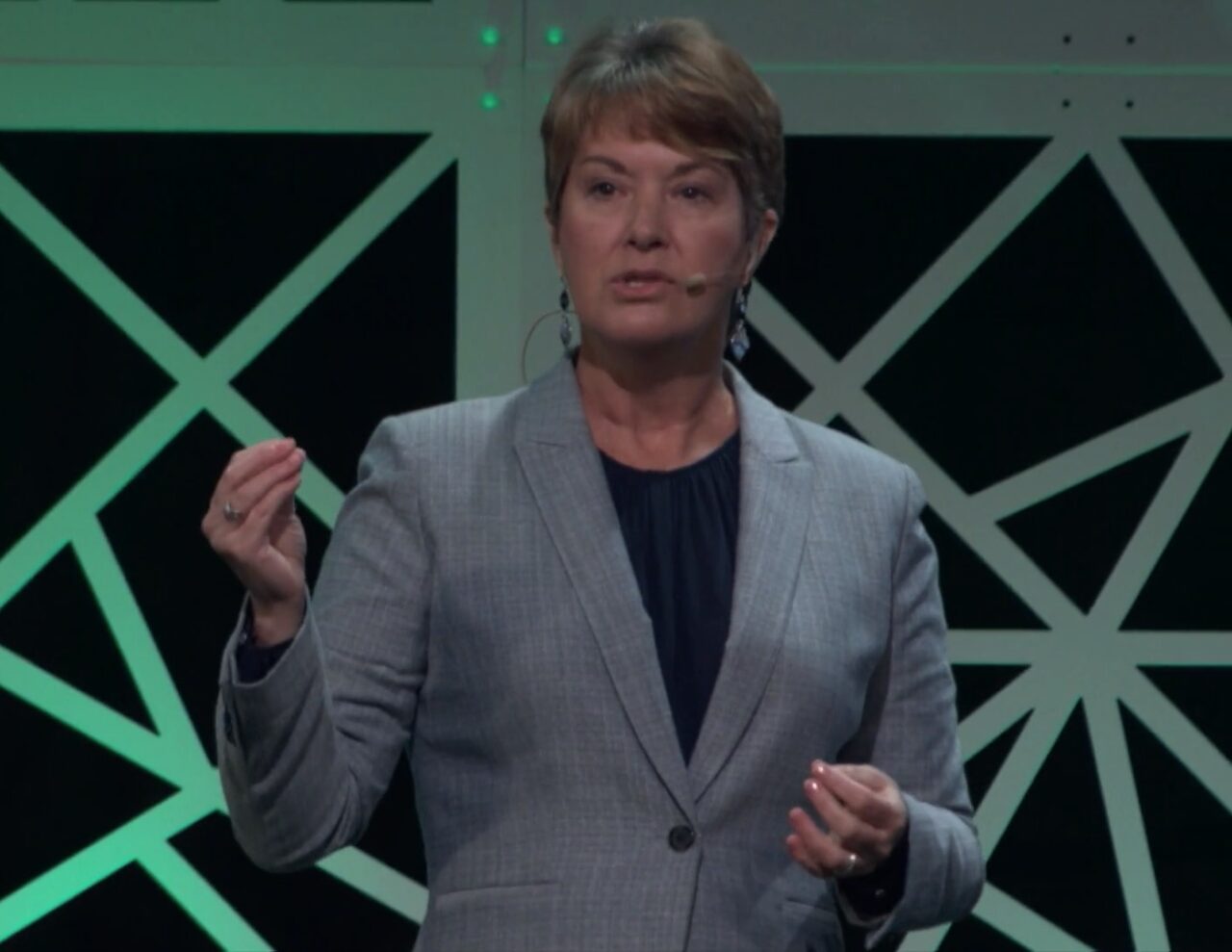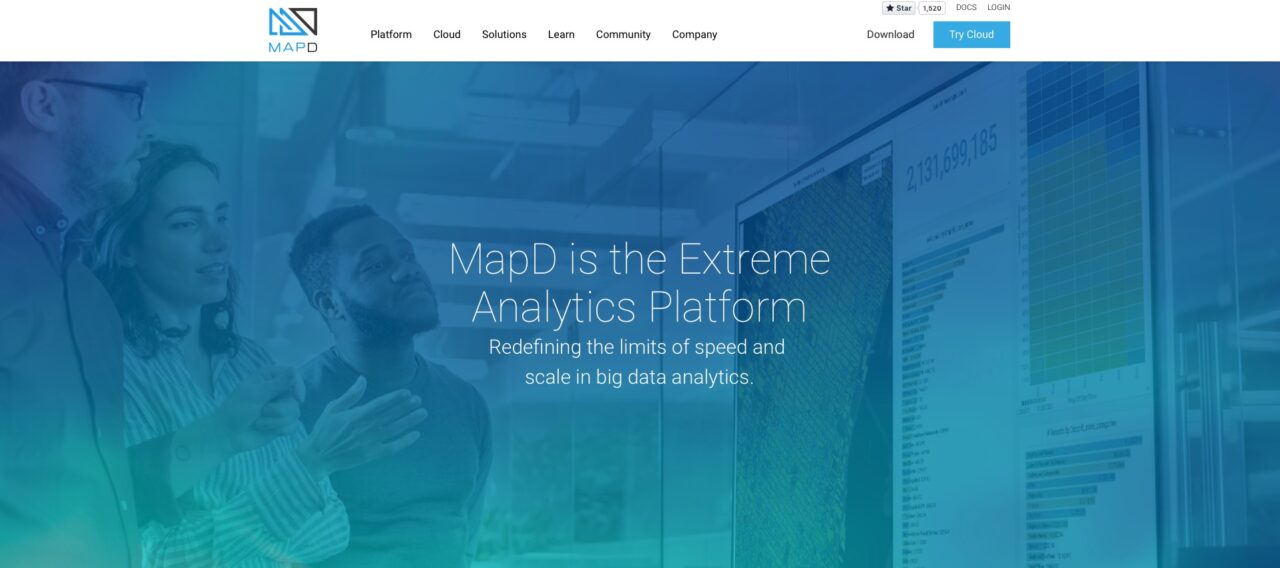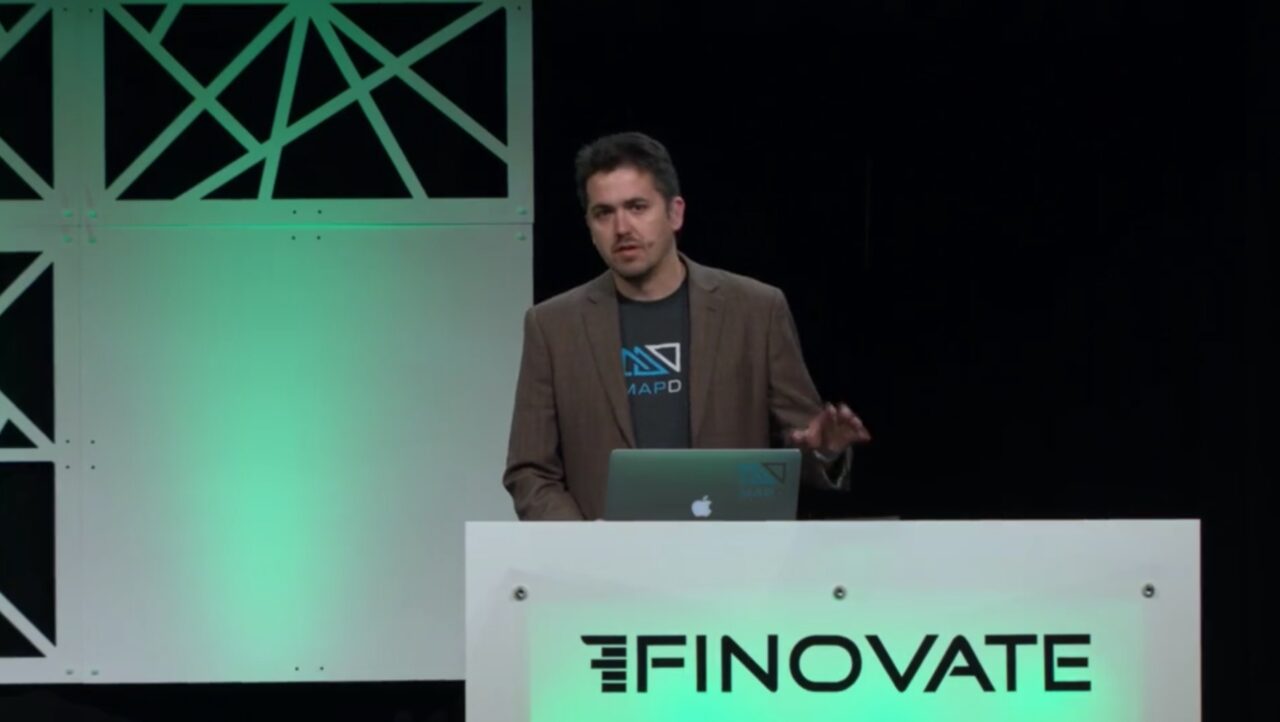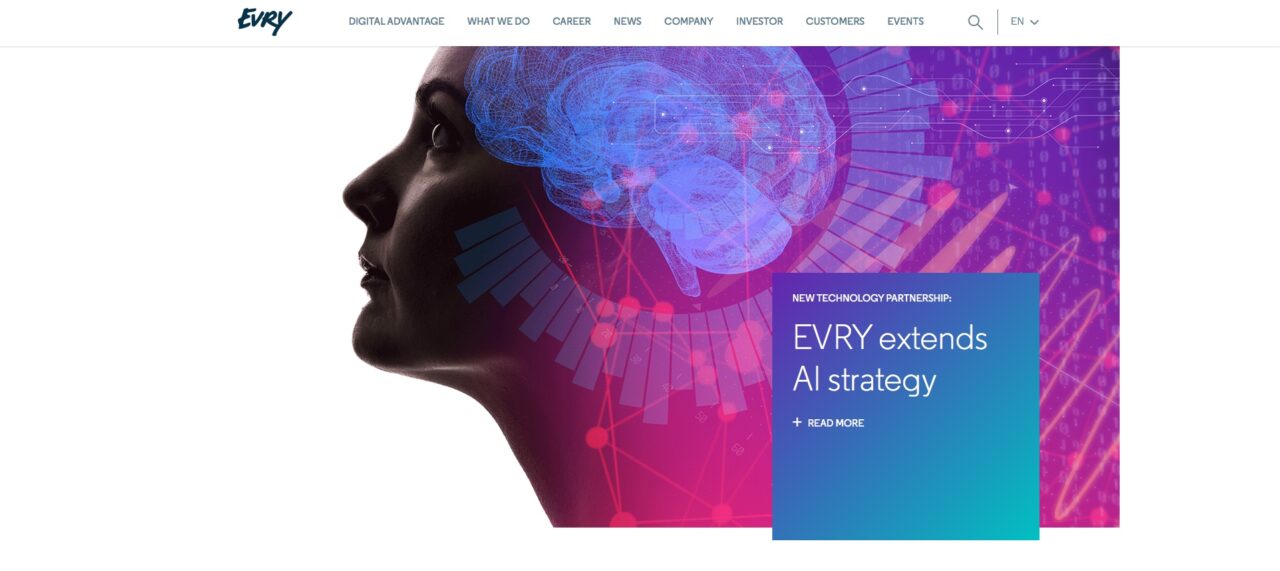Fixed income liquidity matching innovator Algomi is the recipient of new funding courtesy of an investment from Euroclear Information Services (EIS). Existing investors Euronext, AllianceBernstein, and S&P Global also participated. The exact amount of the funding was undisclosed; the company’s previous total capital stood at $14 million.
“Our investment in Algomi is driven by client demand to access untapped liquidity pools,” Euroclear CEO Peter Holder said. “This venture represents an opportunity to transform our data into an asset to increase transparency and provide a substantial boost for global fixed income markets.”
Algomi’s fundraising comes just a month after the company appointed a new CEO, Scott Eaton, who was formerly EMEA COO at MarketAxess. In a statement, Eaton praised Euroclear as a “partner who understands the value of information and the importance of improving liquidity in the fixed income market.”
The investment will enable EIS to improve liquidity in the global fixed income market by leveraging Algomi’s bond liquidity matching system to make information about specific bond holdings available anonymously. Counterparties can use Algomi’s data aggregation tool, ALFA, to access Euronext’s Synapse Multilateral Trading Facility to query and trade these securities.
Writing about the funding news, Algomi Head of Marketing and Communications Tim Binnington noted this would help increase both trading opportunities and transaction volume in the more illiquid fixed income products, including corporate and government bonds. Algomi acquired ALFA from AllianceBernstein last May in a deal that gave AllianceBernstein an undisclosed, minority stake in the company.
Founded in 2012, Algomi demonstrated Honeycomb, its buy-side GUI at FinovateFall 2014. This spring, the company was included in the Tech Tour Growth 50 – its third year in a row making the list of top European private technology companies with a valuation of less than $1 billion. In 2017, Algomi was named to CB Insights’ Fintech 250 roster.
